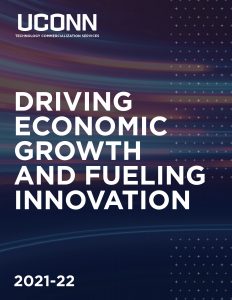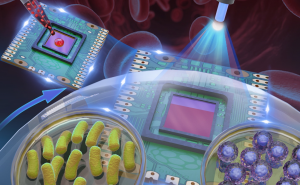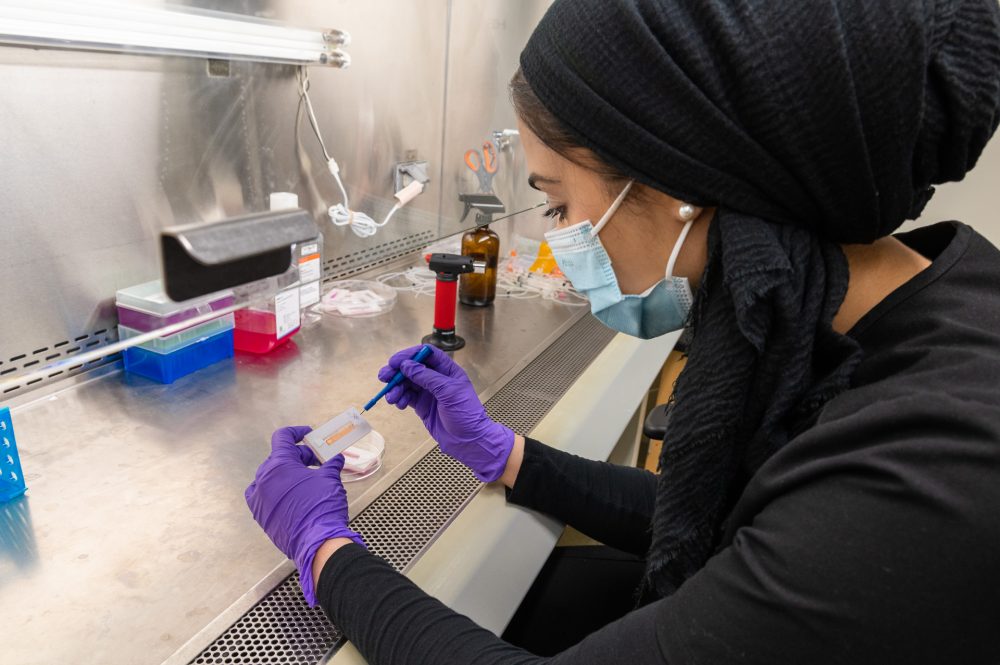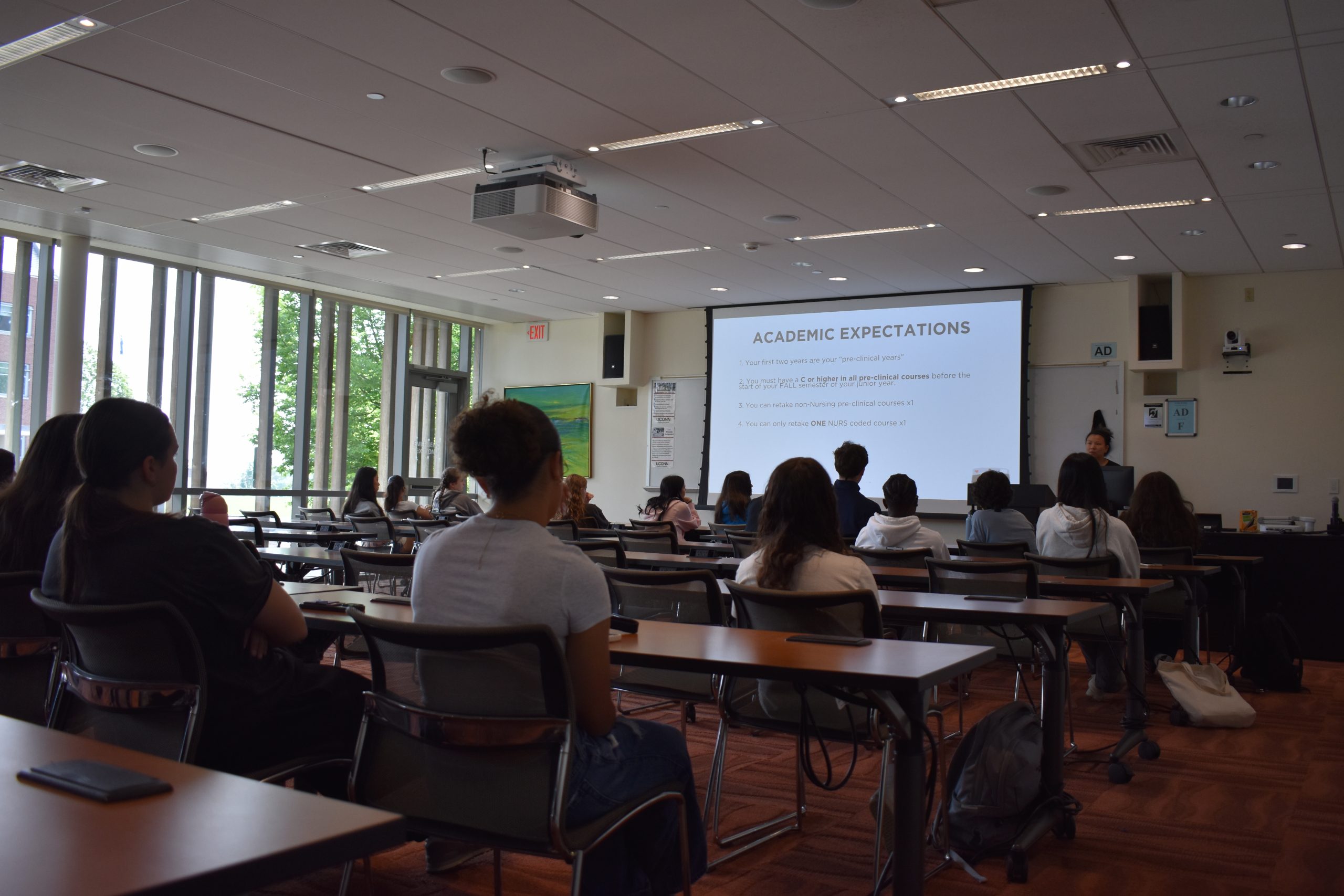Seven faculty researchers were issued licenses or options to establish their own startups in 2022, seeking to develop concepts and ideas that will improve lives and advance technology.
The startups range widely in purpose, from developing new methods of cancer and infectious disease intervention, to pharmaceutical applications for cannabinoids, to novel techniques in microchip manufacturing. They represent a fraction of the many accomplishments of 2022 for UConn’s Technology Commercialization Services (TCS), which bridges research with the business community.
In total, UConn startups and companies raised approximately $6.9 million in 2022, with the TCS Venture Development team assisting with grant writing, term sheet negotiation,

market analysis, and connecting entrepreneurs to investors. The SPARK Technology Commercialization Fund Program celebrated its first cohort of awardees, focused on translating research discoveries into products, processes, and other commercial applications.
The success comes on the heels of the restructuring of the TCS licensing and intellectual property team. The team is focused on developing technologies at UConn through industry partnerships and yielded 91 invention disclosures, 25 patents, and more than $1 million in licensing revenue.
TCS recently released its Annual Report highlighting success stories in licensing, new technologies, the launch of the Future Climate Venture Studio, and several other initiatives. The report also details the remarkable expansion and economic impact of UConn’s Technology Incubation Program (TIP), the state’s largest startup incubator with space in Storrs, Farmington, and Stamford. Since its inception in 2003, TIP companies have raised more than $1 billion in funds.
A Year in Stories
TCS had a year full of headlines as well, with the ingenuity of UConn’s researchers and entrepreneurs producing inventions and concepts capable of great advancement and impact.

was smeared on top of the image sensor as a high-resolution computational lens with a theoretically
unlimited field of view. (Guoan Zheng)
Some scientists focused on the challenge of feeding a planet with an ever-growing population, whether by developing vaccines to protect swine populations or creating a more sustainable food supply through cultivated beef. There was work to develop lighter fuel cells and enable high-quality imagine through the same tech that plays Blu-Ray discs. TCS’s licensing and intellectual property team is working with UConn inventors to protect these innovations through patent filing and are marketing extensively to identify industry partners to further mature and commercialize these breakthroughs.
Other innovators focused on human health and seeking cures and treatments for diseases and viruses. One researcher patented an accurate home COVID-19 test. Another helped modernize applications for imaging techniques and cancer treatment. There was progress on stroke treatment as well, with novel technology providing a new path to prevent neuronal death.
TIP continued to expand and become a major contributor for the state’s economy, adding more than 500 jobs the workforce and millions to the tax base. One TIP startup had a literal

out-of-this-world experience when its technology traveled to the International Space Station for experimentation.
Behind all the success stories, the TCS team stood ready to assist its partners and startups. They mentored a new generation of technology commercialization professionals, and technopreneurs through the TCS Internship Program and TIP Innovation Fellowship Program. And, when a longtime professor retired, TCS made sure his valuable research into algae was preserved through a multi-party licensing agreement.
Looking Ahead
TCS has laid the groundwork for more success stories in the years to come. In 2022, the licensing team reached out to hundreds of companies and introduced them to the research and technology that UConn faculty, students, and graduates are developing.
Successfully negotiated license agreements with industry partners will further mature UConn’s capacity for innovation and invention. These partnerships bode well not just for UConn and the millions of potential revenue they present; they bear great potential to impact society for the better.



